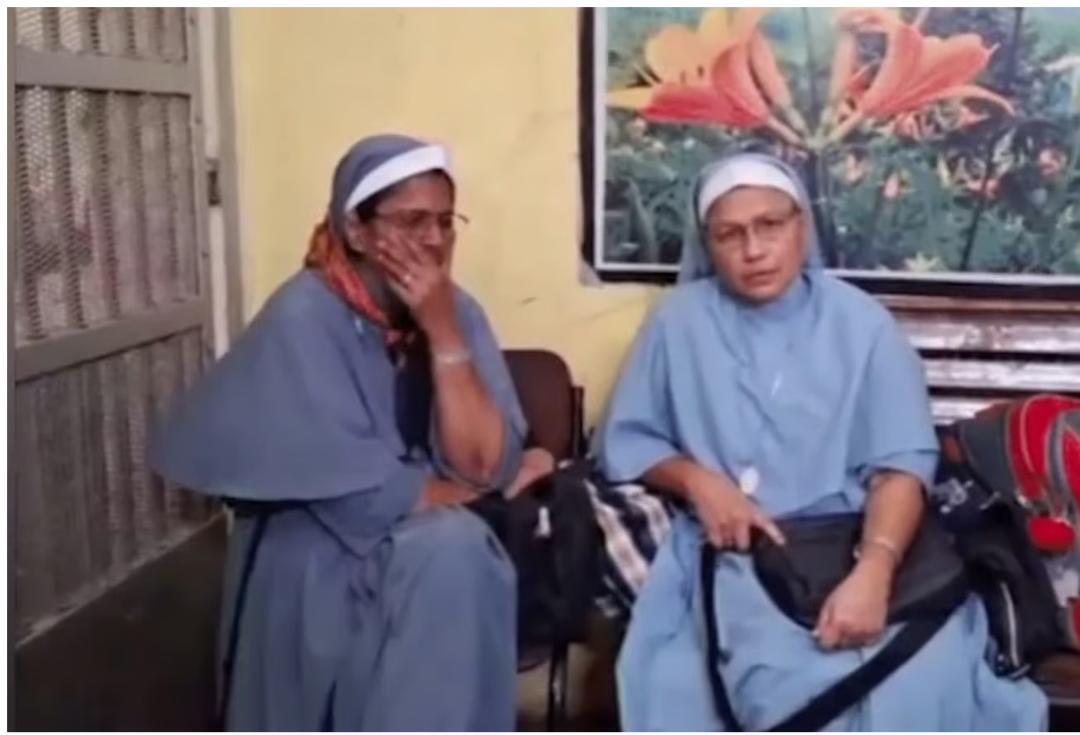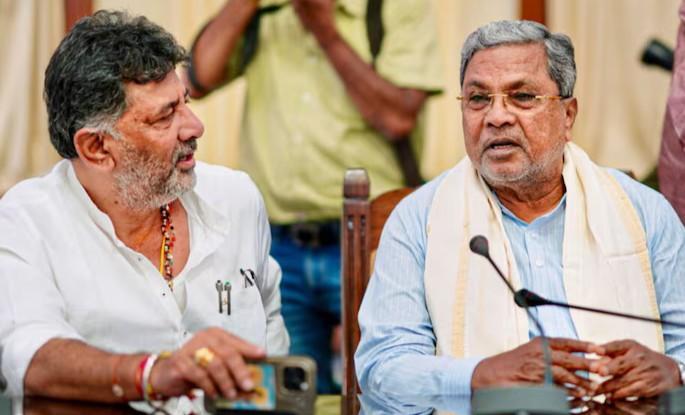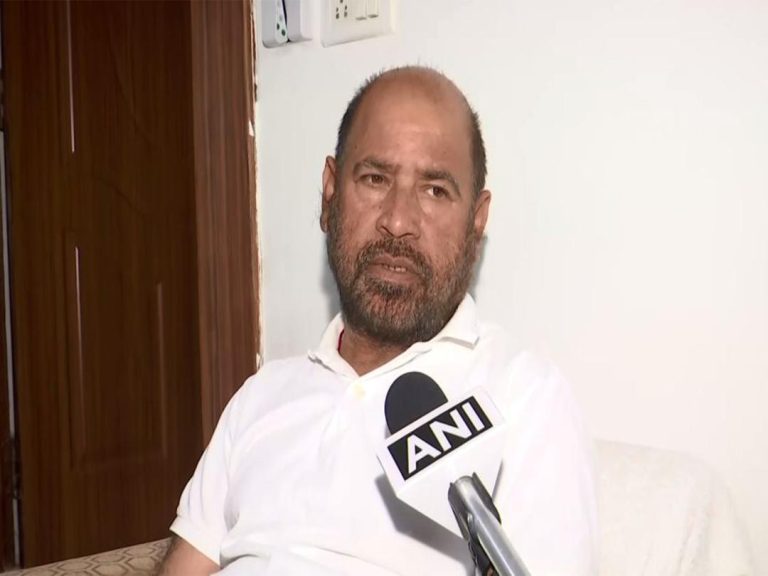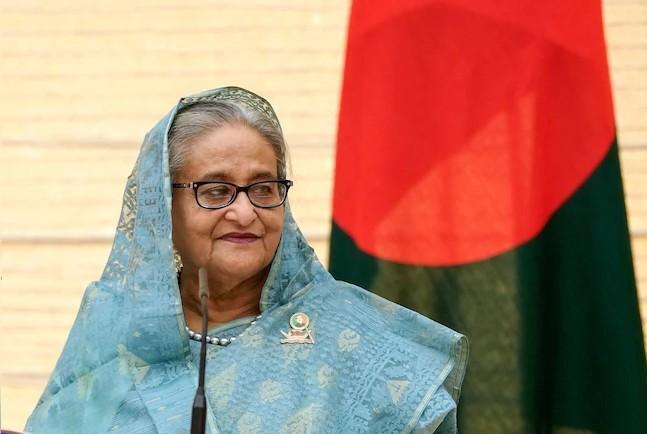
What is the row over forced conversion case against nuns in Chhattisgarh?
In recent news, two Catholic nuns from Kerala were arrested at Durg railway station in Chhattisgarh while accompanying three women aged between 18 and 19. The incident has sparked controversy and outrage, with the nuns being accused of forcefully converting and trafficking the women from Narayanpur under the guise of job placements. The case has caused ripples in Parliament, with MPs from Kerala holding protest outside the Parliament demanding the release of the nuns.
According to the FIR (First Information Report) filed against the nuns, they were allegedly involved in a racket of converting people to Christianity and trafficking them to other states. The FIR further claims that the nuns had promised the three women employment opportunities in other cities, but instead, took them to a Catholic convent in Chhattisgarh, where they were allegedly converted to Christianity.
The police investigation revealed that the nuns had been operating a recruitment agency in Narayanpur, promising jobs to young women in cities like Mumbai and Delhi. However, instead of providing employment, they allegedly took the women to a convent in Chhattisgarh, where they were converted to Christianity.
The nuns, who were arrested on July 21, were identified as Sister Lissy and Sister Nirmala. They were produced before a court in Durg, Chhattisgarh, and have been sent to judicial custody for 14 days.
The case has sparked a heated debate in Parliament, with MPs from Kerala demanding the release of the nuns, claiming that they have been framed and are innocent. The Kerala MPs have accused the Chhattisgarh government of targeting the nuns due to their religious beliefs and of using the controversy to polarize society.
The controversy has also led to a war of words between the ruling party and the opposition in Parliament. The opposition has accused the government of not taking adequate steps to protect the nuns and has demanded a thorough investigation into the matter. The government, on the other hand, has defended the police action, saying that the nuns were arrested based on evidence and that the FIR was filed after a thorough investigation.
The row over the forced conversion case has also led to a debate on the issue of religious conversions in India. The controversy has highlighted the sensitive issue of religious conversions and the need for a comprehensive law to regulate them.
In India, religious conversions are governed by the Indian Constitution, which guarantees the right to freedom of religion. However, there is no specific law that regulates religious conversions. The controversy over the forced conversion case has led to demands for a law that would regulate religious conversions and prevent forced conversions.
The controversy has also highlighted the need for a more nuanced approach to the issue of religious conversions. While the government has taken action against the nuns, many have questioned the motives behind the arrest and the FIR filed against them. The controversy has also led to a debate on the issue of employment and education, with many questioning the quality of education and employment opportunities provided by the convent in Chhattisgarh.
In conclusion, the row over the forced conversion case against the nuns in Chhattisgarh is a complex issue that has sparked a heated debate in Parliament. While the government has taken action against the nuns, many have questioned the motives behind the arrest and the FIR filed against them. The controversy has highlighted the need for a comprehensive law to regulate religious conversions and prevent forced conversions. It has also led to a debate on the issue of employment and education, with many questioning the quality of education and employment opportunities provided by the convent in Chhattisgarh.






